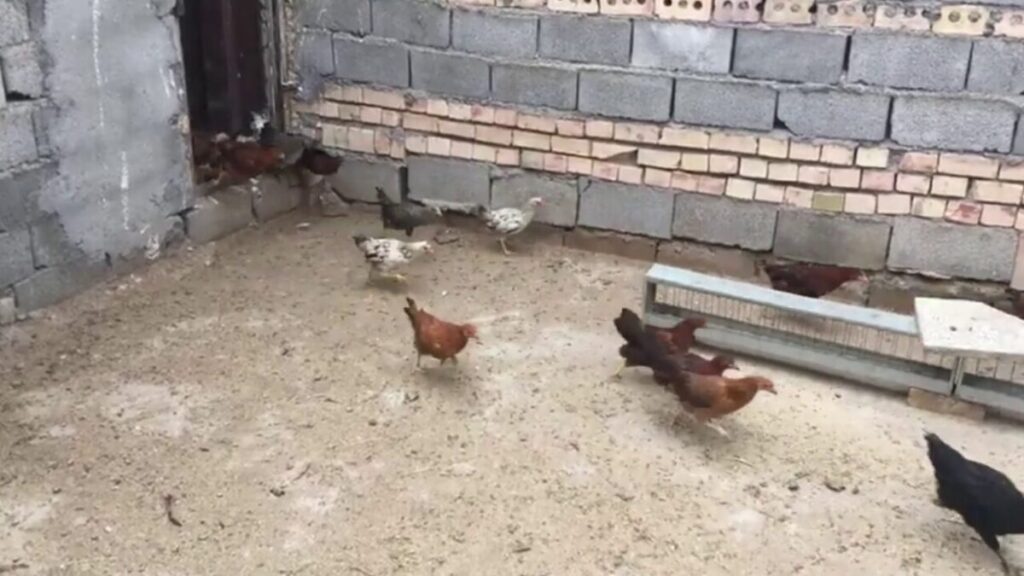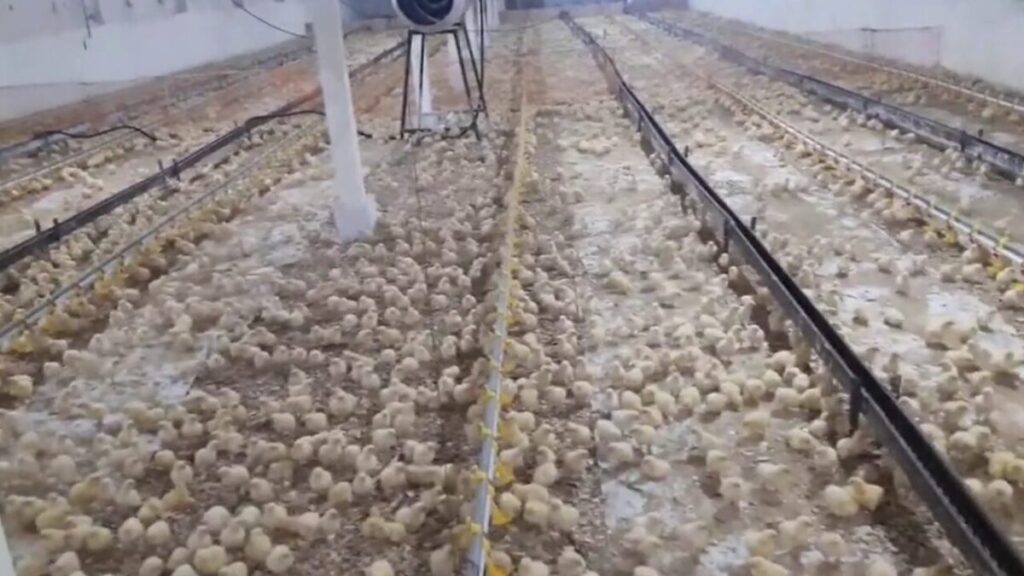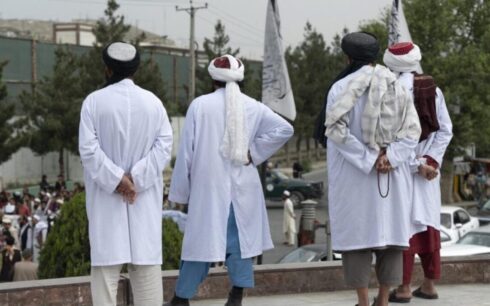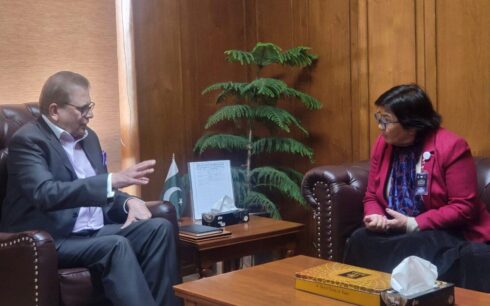HERAT, Afghanistan — Poultry farmers in Herat province in the west of the country are raising concerns over the adverse effects of chicken and egg imports from neighboring Iran and Pakistan, which they say have reduced demand for domestic products and jeopardized their livelihoods.
Abdullah, a poultry farm owner, highlighted the challenges of sustaining the business amid high operational costs and limited demand.
“Raising chickens on farms requires significant effort, but when we bring them to the market, there are no customers,” he said. “The chickens go to waste, and the cost of chicken feed is very high. If we could produce chicken feed domestically, the problem would be partially resolved.”
Other farmers echoed these sentiments, stressing that the large-scale import of poultry products has had a direct and negative impact on their operations.

“Currently, the number of poultry farms in Afghanistan has increased significantly,” said Attaullah, another farmer in Herat. “Our demand from the government is to stop the import of chicken so that farmers can sell their products. Many of these people have made substantial investments but are not achieving satisfactory results.”
Zalmai, another farm owner, called on the Taliban to take action to support local producers. “We request that chicken imports from other countries be halted and that domestic poultry farms be given a chance to grow,” he said.

Herat is home to several large poultry farms as well as numerous small-scale operations, which farmers argue are sufficient to meet the province’s needs. They emphasized that halting imports could help stabilize the local market and encourage growth in Afghanistan’s poultry industry.
While farmers struggle to compete with cheaper imported products, they have urged the relevant institutions to facilitate investment in local poultry farming, particularly through measures such as producing affordable chicken feed domestically and creating policies that favor local businesses.





